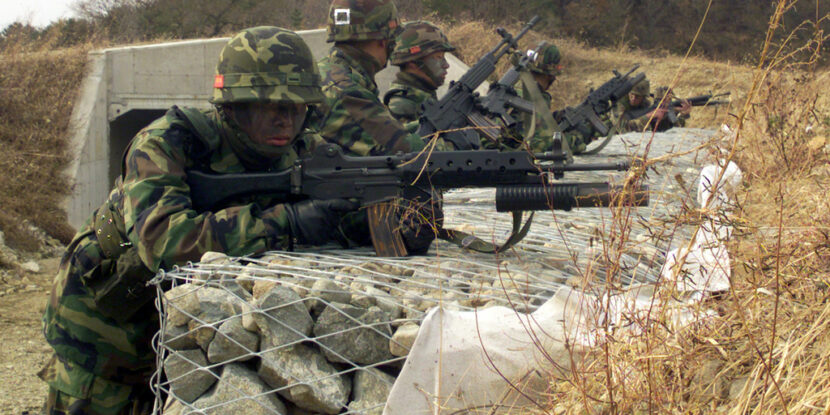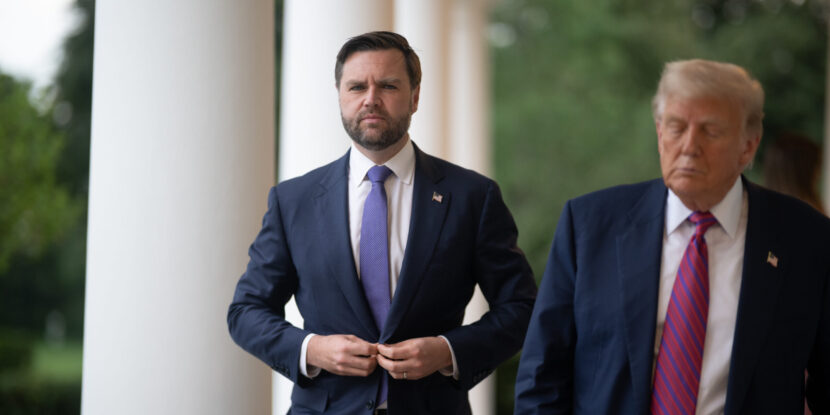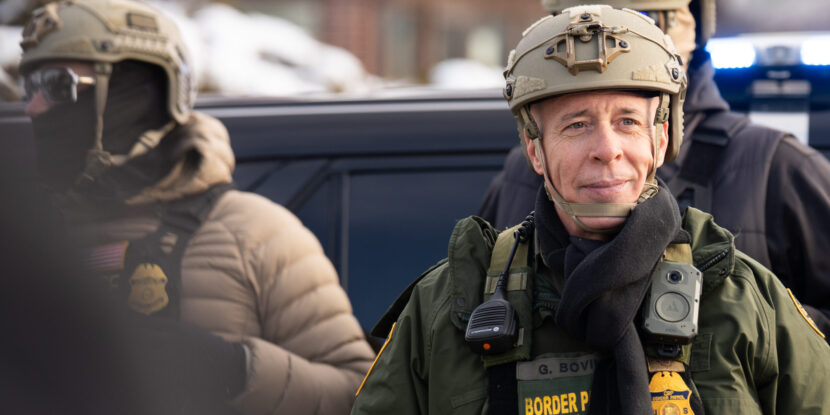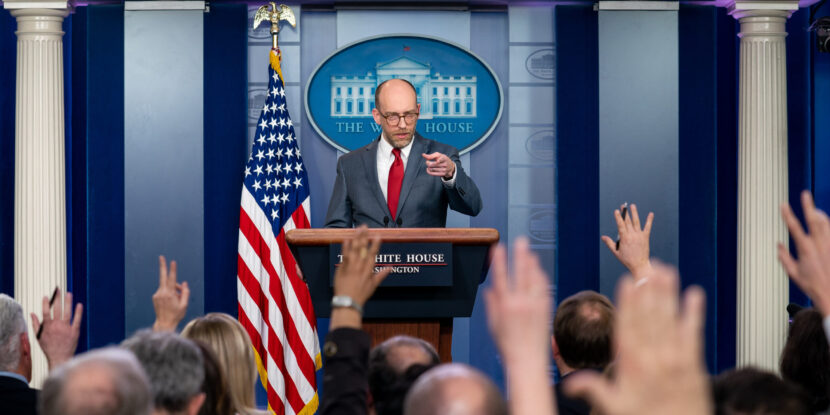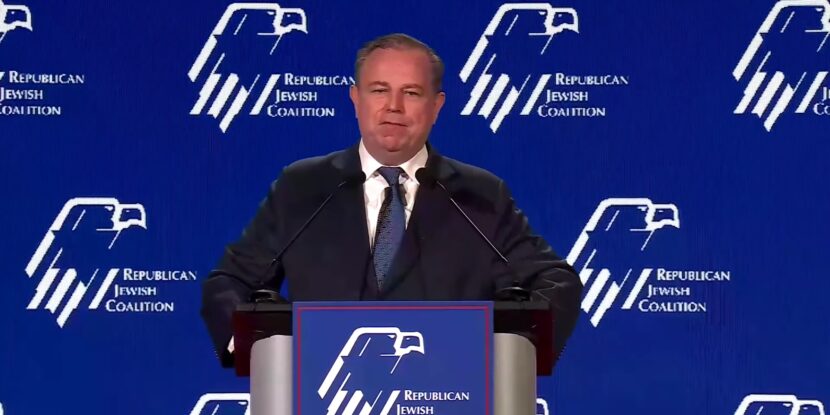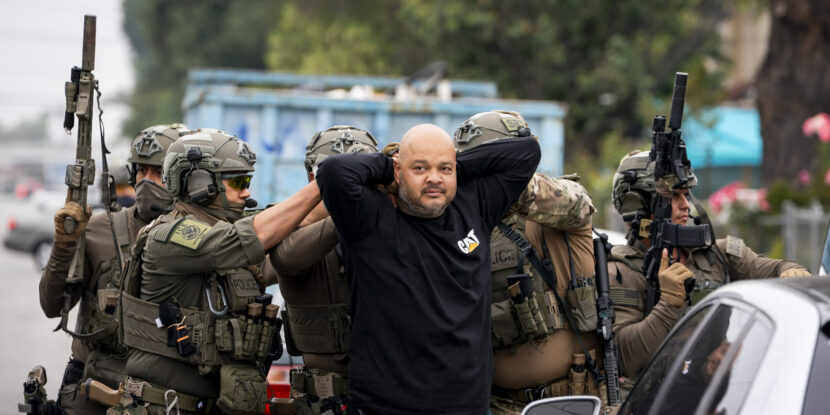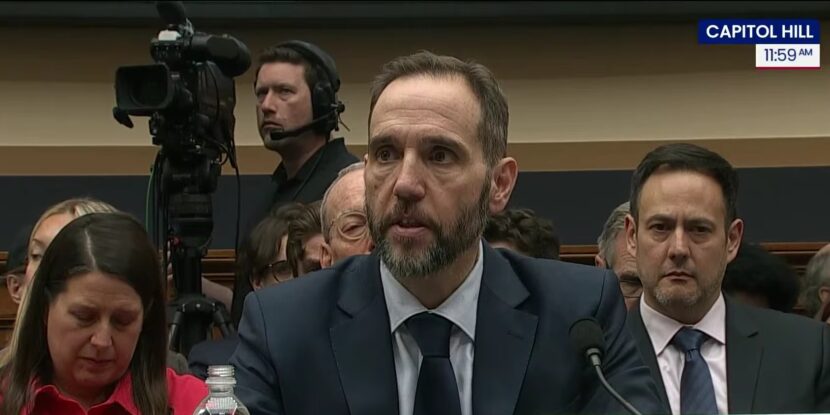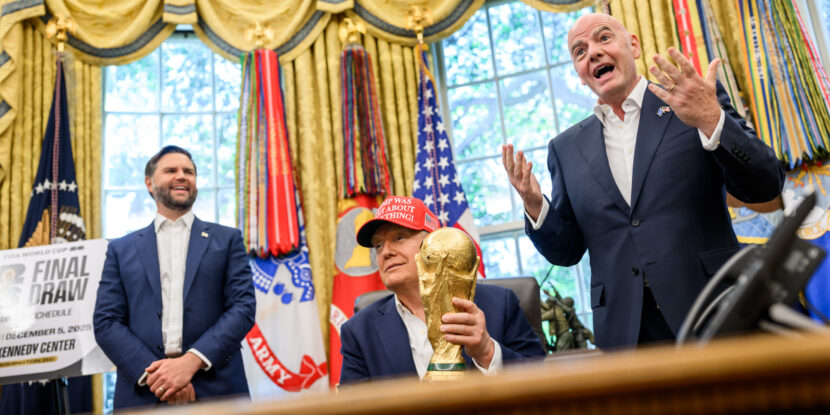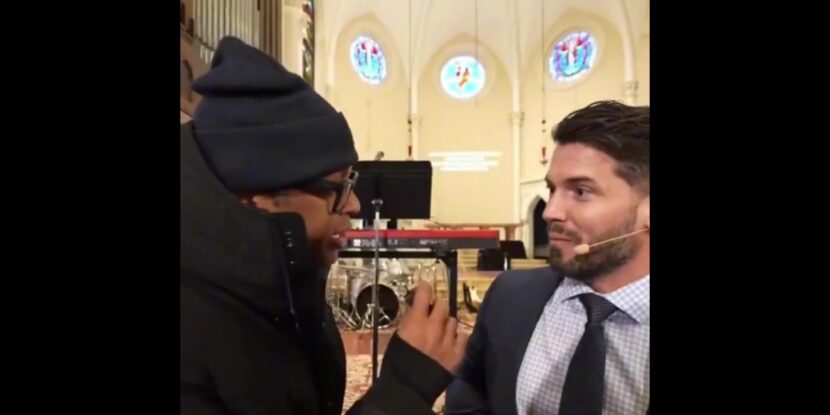On Tuesday, South Korean President Yoon Suk Yeol announced the emergency implementation of martial law. “I declare martial law in order to eradicate the shameless pro-North Korea anti-state forces that are plundering the freedom and happiness of our people and to protect the free constitutional order,” Yoon said of the decision.
The opposition Democratic Party (DPK), in coalition with several smaller parties, controls 192 of 300 seats in the South Korean legislature following elections in April, which has hindered President Yoon‘s program. The DPK is led by Lee Jae-myung, who survived being stabbed in the neck during a press scrum in an apparent assassination attempt in January.
Yoon’s move to declare martial law could have significant implications for the U.S., as South Korea is a key regional ally that hosts multiple U.S. bases. This includes Camp Humphreys, the U.S.’s largest overseas base, with a population of over 40,000.
Lee, who was in the midst of launching impeachment proceedings against members of Yoon’s government prior to the declaration of martial law, has denounced the move as unconstitutional. Yoon’s People Power Party is also said to be opposed to the declaration, setting the stage for a major clash between the executive and legislative branches in the East Asian nation.
Currently, it is unclear where the South Korean military stands on the matter, though their support for either Yoon or Lee will likely be decisive in settling the crisis. Former South Korean President, Park Chung-hee, ruled as essentially a dictator from 1962 until his assassination 1979.
This story is developing…
